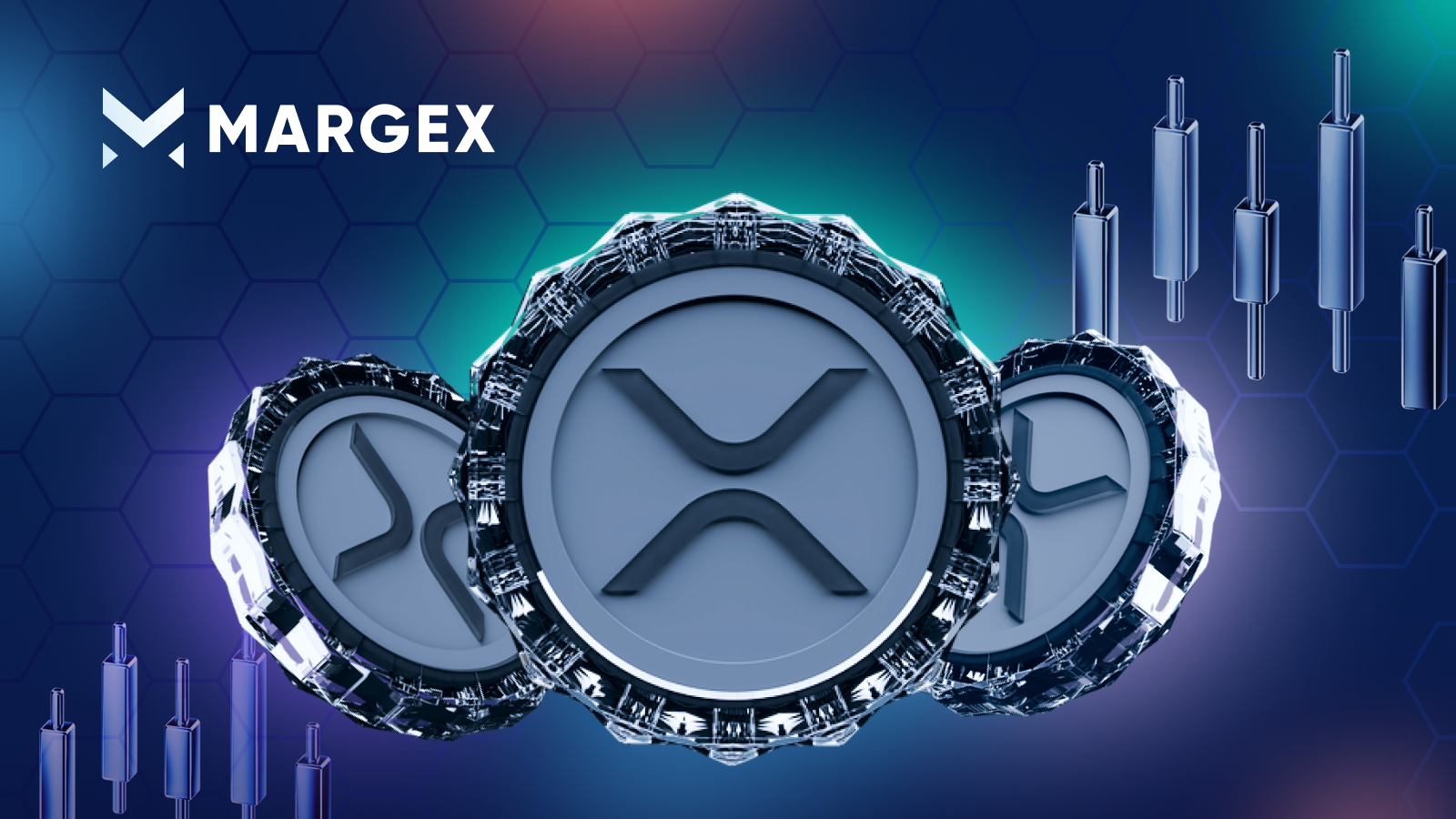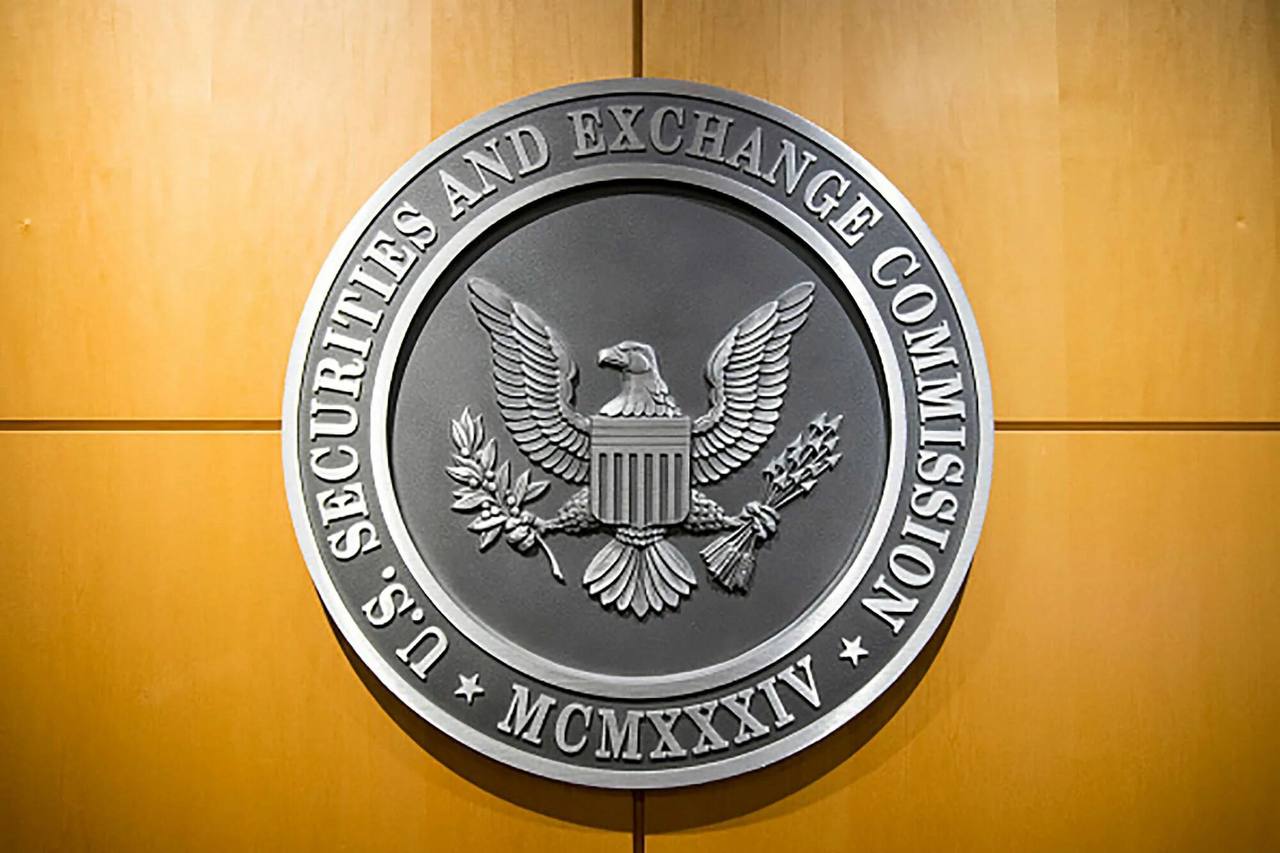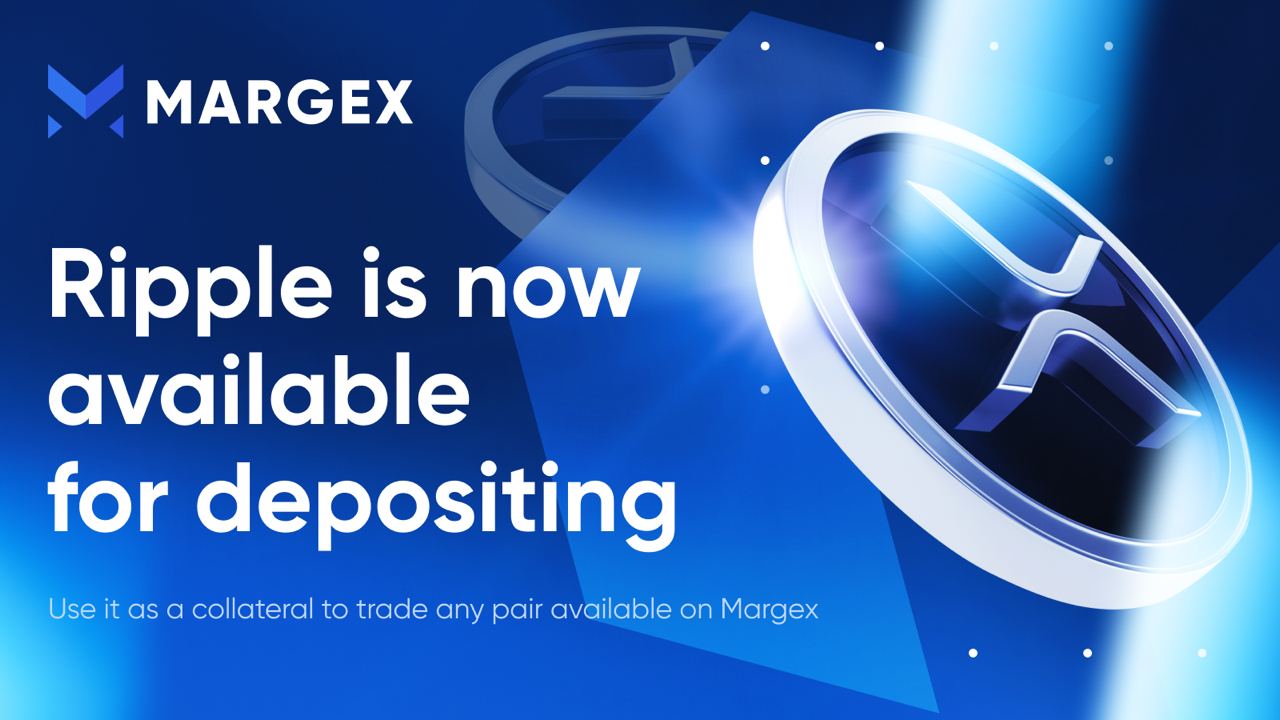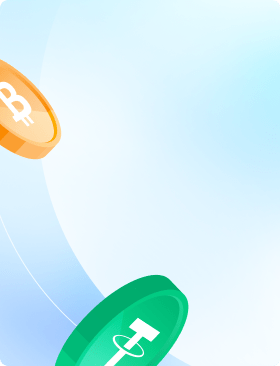The infamous lawsuit between the US Securities and Exchange Commission and a leading blockchain company Ripple began at the end of December 2020. It was kickstarted by the SEC chairperson Jay Clayton and on the next day after that he sent in his resignation.
SEC’s major lawsuit against Ripple
The allegation of the SEC in court was that XRP was not just a digital token but rather security that Ripple did not bother to register with the above regulator. This allegation was followed by charges that Ripple and two of its high-ranking executives had been trading those unregistered securities, selling them to financial institutions (of which by that time Ripple had several hundred among its clients) and also selling them on the secondary markets to retail investors.
The major executives of the company who got personal charges from the SEC were Ripple CEO Brad Garlinghouse and one of the company’s founders Christopher Larsen. The regulator’s legal team accused them of making personal sales to financial institutions and earning more than $1 billion in profits on those deals.
Following the beginning of the lawsuit, as 2021 arrived, leading cryptocurrency exchanges began to en masse delist XRP or suspend XRP-based trading pairs. Those platforms included Binance US, Bistamp and Coinbase. The latter, though, allowed its users to continue holding XRP in Coinbase wallets and to conduct withdrawals and deposits – any operations but trading this token. Needless to say that the XRP price immediately reacted by going down at a sharp angle – from $0.62 down to $0.24 in one day.
New SEC chair supports the case; Ripple questions ETH non-security status

Meanwhile, a new chairman was appointed for the SEC – Gary Gensler. He had a positive reputation as a former MIT lecturer who was knowledgeable about both blockchain technology and cryptocurrencies. Everyone in the global cryptocurrency community hoped then that the ridiculous case against Ripple would be wrapped up promptly. However, the new chairman doubled down on the charges moved against the blockchain giant by his predecessor, insisting that XRP is an unregistered security.
The basis on which Gensler and the SEC defined the XRP to fall into that category of assets is that there is a team of developers who created the token and who control it and there are investors who expect profits from XRP, since its price performance depends on the actions and the business strategy of the company. Overall, as time kept going by, the SEC began to accuse other altcoins of being securities traded on exchanges and started cracking down on US-based crypto exchanges and some of their products (to do with lending and staking in particular as it happened with Coinbase and Kraken). Various altcoins traded and staked on these exchanges were classified as securities by the regulator.
The only cryptocurrencies that have been qualified as not securities but commodities so far have been Bitcoin and Ethereum. In the course of the case, the Ripple’s team of lawyers several times appealed to the Ethereum case, drawing parallels between XRP and ETH. This non-securities status of ETH remains a bit murky for many experts in the crypto space and it is possible that the SEC may want to reconsider it in the future. Many Bitcoin maximalists radically call BTC the only commodity out there and claim Ethereum to be a centralized security along with the rest of altcoins.
First major victories over SEC

As the legal battle continued and grew into a large number of smaller ones, many leading figures in the cryptocurrency space and leaders of blockchain companies in particular sided with Ripple, extending their support in court to it.
The first historic win in this case was achieved by Ripple in July 2023. It happened as the federal judge proclaimed that XRP, when sold on secondary markets, did not qualify as a security. The case continued, though, regarding XRP sales to multiple institutional investors. That victory made not only the XRP community but the whole crypto space explode with enthusiasm and drove the XRP price as high as $0.71.
It did not stay on that high for a long time, though, and soon fell down to $0.6. All the crypto space cheered for Ripple since it was obvious for them – should the SEC crash Ripple in court completely, the regulator would then move on to stifle any big cryptocurrency business in the US in an attempt to get it under harsh and total control.
The next big win was the SEC dropping its personal charges against Chris Larsen and Brad Garlinghouse in September 2023. But that was rather a tactical move to focus all of its resources on the remaining case against Ripple.
SEC demanding $2 billion from its opponent
In the most recent development, the US regulator has demanded through the court that Ripple should pay them $2 billion in fines and penalties throughout the case.
Ripple CEO Garlinghouse stated on X (formerly Twitter) that the company intends to fight back against the SEC proposal in court. Some experts believe that to make this $2 billion remedies payout, Ripple would have to sell a great deal of XRP. Thi would make the coin’s price plummet, hurting the whole global community of XRP holders.



